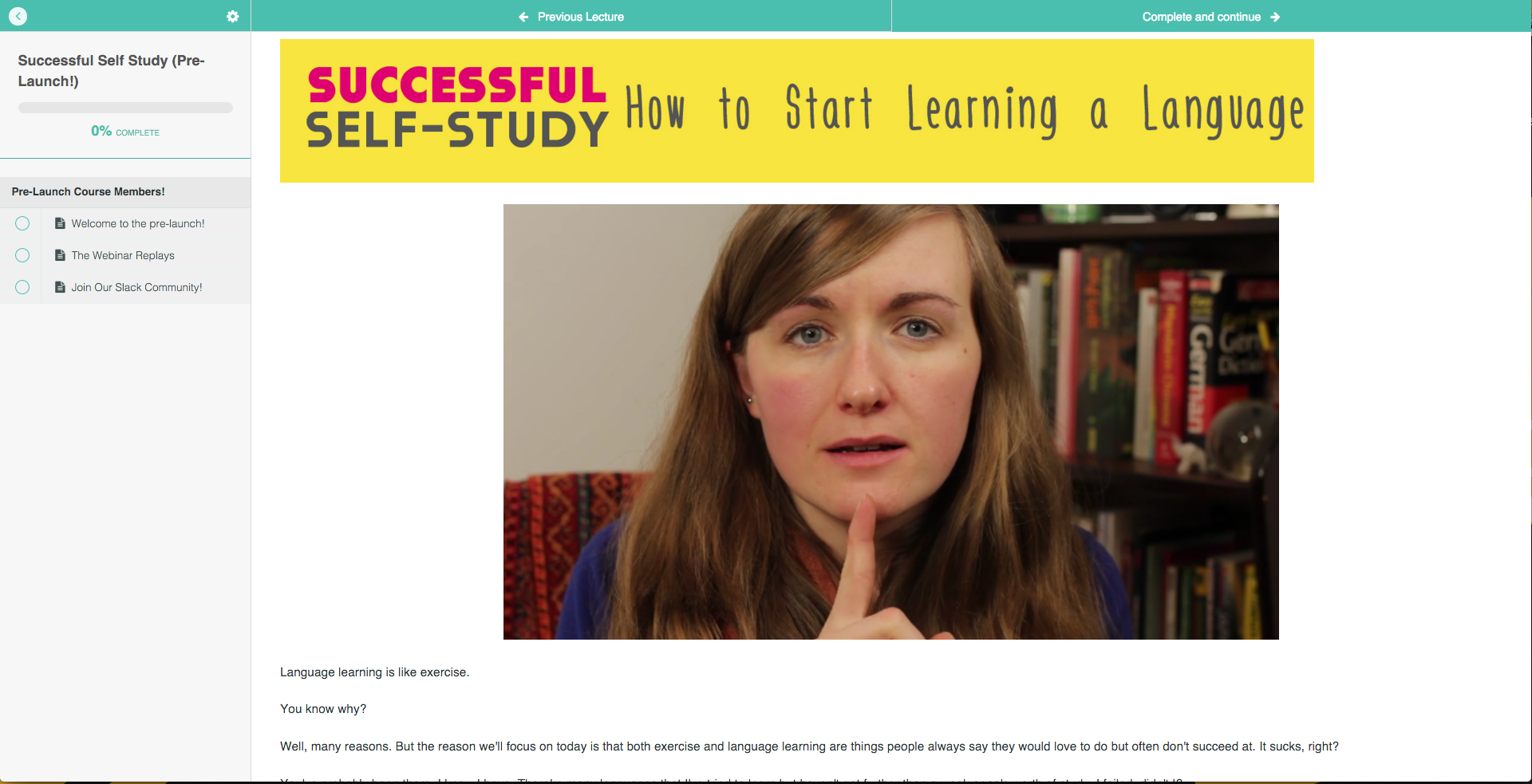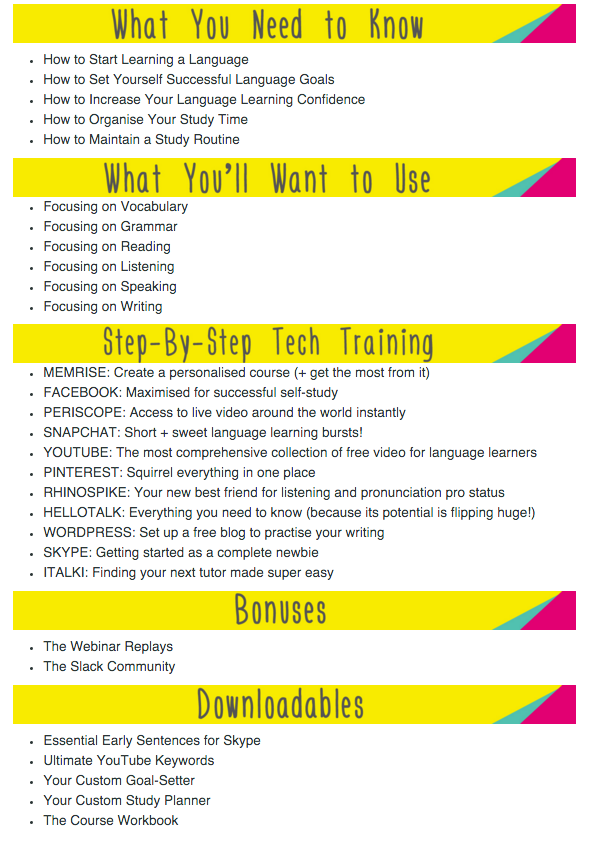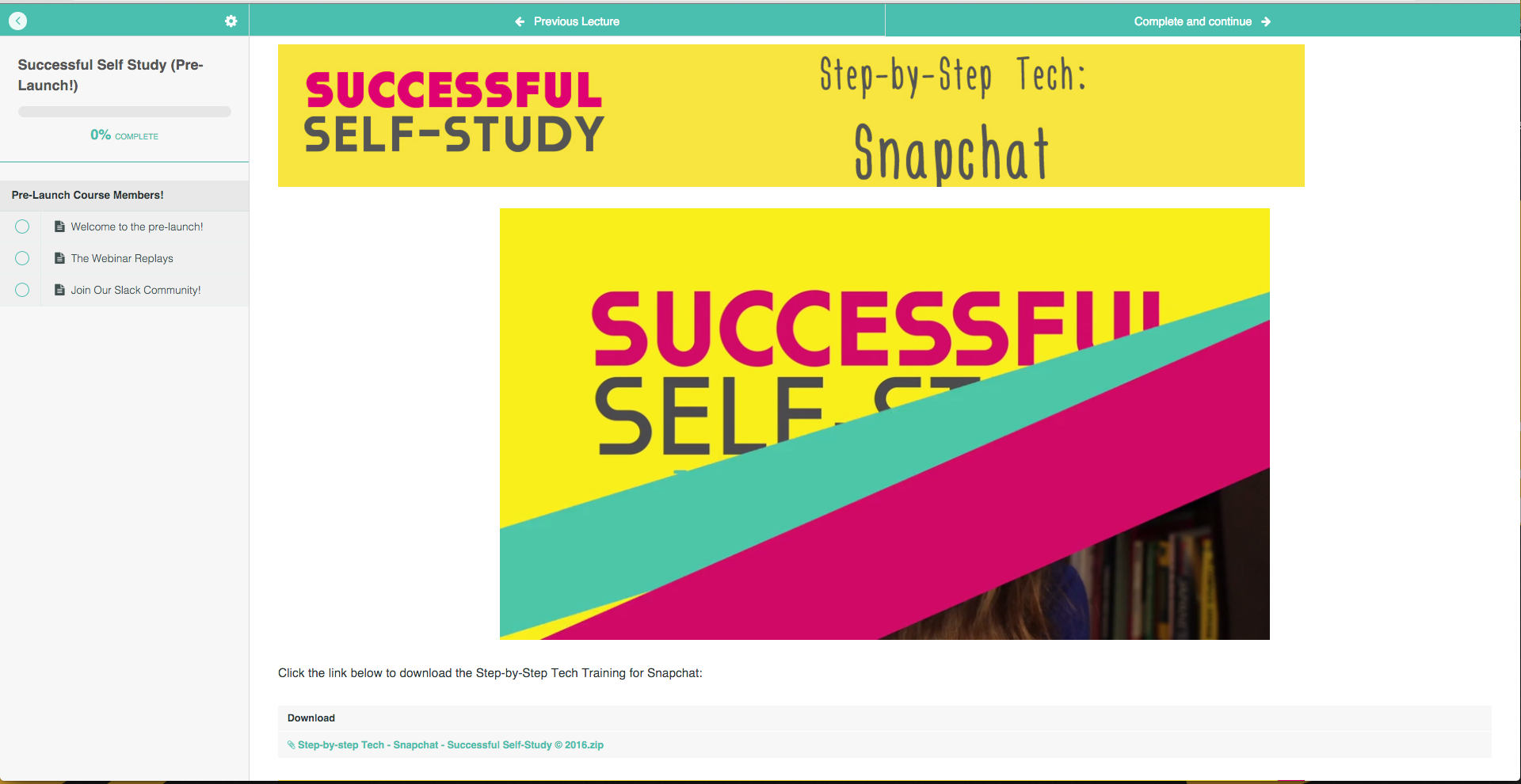The native speaker is often considered an absolute holy grail of language learning: They naturally know how language is used, they speak it perfectly and of course you will be immersed in your target language if you speak to one. But today, I'm writing to make you re-think your dependence!
Have you ever found one of the following problems when practicing with a native speaker:
- It's difficult to understand regional accents
- You ask them a question, and they respond with "it just is like this"
- They always want to practice your language with you
- You run out of topics after a few hours of discussing family, hobbies and weather
What if you have NO native speaker to talk to? Does that mean you will stop learning a language?
Why You Do Not Need A Native Speaker For Practice
In this blog, I'm not advocating that you avoid native level input and natural sources of your target language. They are what makes it come alive! By all means, make full use of Italki, social media and your own network to find a good language buddy, but please note the following:
You don't actually need a native speaker to practice with. This is so important to understand. You just need someone who's good enough or a little better than you. Sometimes it even helps not to have the native speaker, because a non-native speaker has learnt your target language too and can explain grammar and other problems more easily. Natives often don't even know which bits are hard for non-native speakers.
Why Practicing Online Isn't For Everyone
In addition to this point, some people just don't connect so well with the Skype or phone communication method. As an online language tutor, I work on Skype all the time, and it's a different to meeting in person - some of my students love it, some find it odd at the start. For some, I can just tell that it's not the right medium. So if you're In fact, the teenager who will practice his school French with you might actually be a better option than the French native speaker that you meet online.
Moral of the story: Make your own rules for what works for you.
What To Do About It
My advice would be to try a tutor, and that's just because:
- They work hard to make sure you understand, by reducing their own dialects and breaking sentences down to where you need them
- They will stick with you when you run out of the first 3 conversation topics with a language partner and research topics you need to talk about
- They won't expect you to spend any time teaching them your own language
Personally I learnt English before the internet was everywhere and still got from "pretty good" to "pretty fluent", through being taught by German natives and spending a lot of spare time listening to Pulp all the time and talking to myself. But I cannot imagine having done it without teachers. When your target language is German,
I think it's even more important that you find native speakers who understand your needs. German is that much easier to learn when you can make sense of the rules - and our spoken language is different from the grammar books. Trust yourself most of all, but if you have no native speaker around you please remember: It's not going to stop you.
How To Bring In Native-Like Practice
Of course, working without a native person to learn a language does not mean it would be wise to cut out all native-language content. When learning a language, it's important to know how it's spoken and to get a sense of the place where it's spoken.
You want to hear the sounds, the idioms, you want to know that there is a point to what you're doing here. In all learning, it's boring when it's just theory.
To get native-level practice into your studies before you go hunting for speakers all over town, try bringing in audio resources or even TV. It's easy to watch television in other languages or use cool software like Yabla.
And if you have regular access to native speakers, don't avoid them. Go out of your way to say even small things like good morning, and ask them "How do I say this in your language?" You'll soon find that every one of them is a small ambassador for their own language, just like you are for your own. And what's better than sharing?
How Soon Do You Work With Native Speakers?
Has it ever held you back that you can't find the native speaker? Or has shyness stopped you from talking to natives?
Leave your comment below to tell me more!










